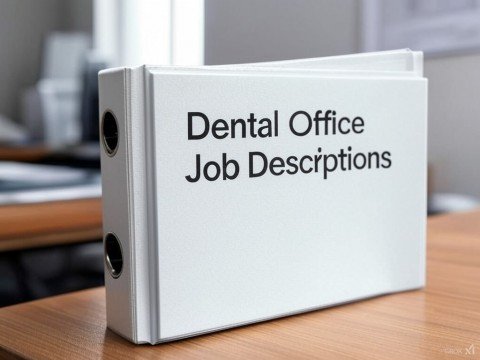This is the paid vacation policy that, in general, we recommend: Our dental practice provides paid time off on certain holidays to eligible employees. After 90 days of full time employment staff members who are designated as full time employees become eligible for paid holidays as follows: • New Year's Day• Memorial Day• July 4th• Labor Day• Thanksgiving Day• Christmas Day the employee must also work the days normally worked that come before and after a holiday.
For example, questions regarding dental insurance, accounts, collections would go to the Accounts Manager if you have one. When a patient calls the office and is in pain, the receptionist should fill out some kind of Emergency Call-In Sheet. The following are some of the questions that should be asked: 1. “When was the last time you saw Dr. [name]?” This response will tell you if you are dealing with a new patient, an old patient who has been inactive, or an active patient. If the patient already has a chart, pull it. Also, be sure to check the patient's account....
Dental Receptionist The responsibility of the Receptionist is to professionally greet all patients whether on the phone or in person, ensure all forms are properly filled out and direct patients to the treatment area as quickly as possible. In addition to the above the Receptionist needs to be able to effectively receive and route all communications to the staff and dentists. Dental Office Scheduling Coordinator The responsibility of the Scheduling Coordinator is to maintain a productive and efficiently scheduled appointment book. A productive schedule would include achieving the production goals for both operative and hygiene schedules on a weekly basis so that...
Establishing a clear and firm financial policy for your dental office helps to see that your practice is paid without the type of misunderstandings that can cost you new patients and referrals. Recommendations: 1. Insurance: a. Tell the patient how much the insurance company is expected to pay. b. Tell the patient you will bill the insurance company for that amount. c. Inform the patient they are responsible for that amount if insurance company doesn't pay. d. Collect the balance at the time of service. e. If the insurance payment is not received within at least 30 days inform the patient...





